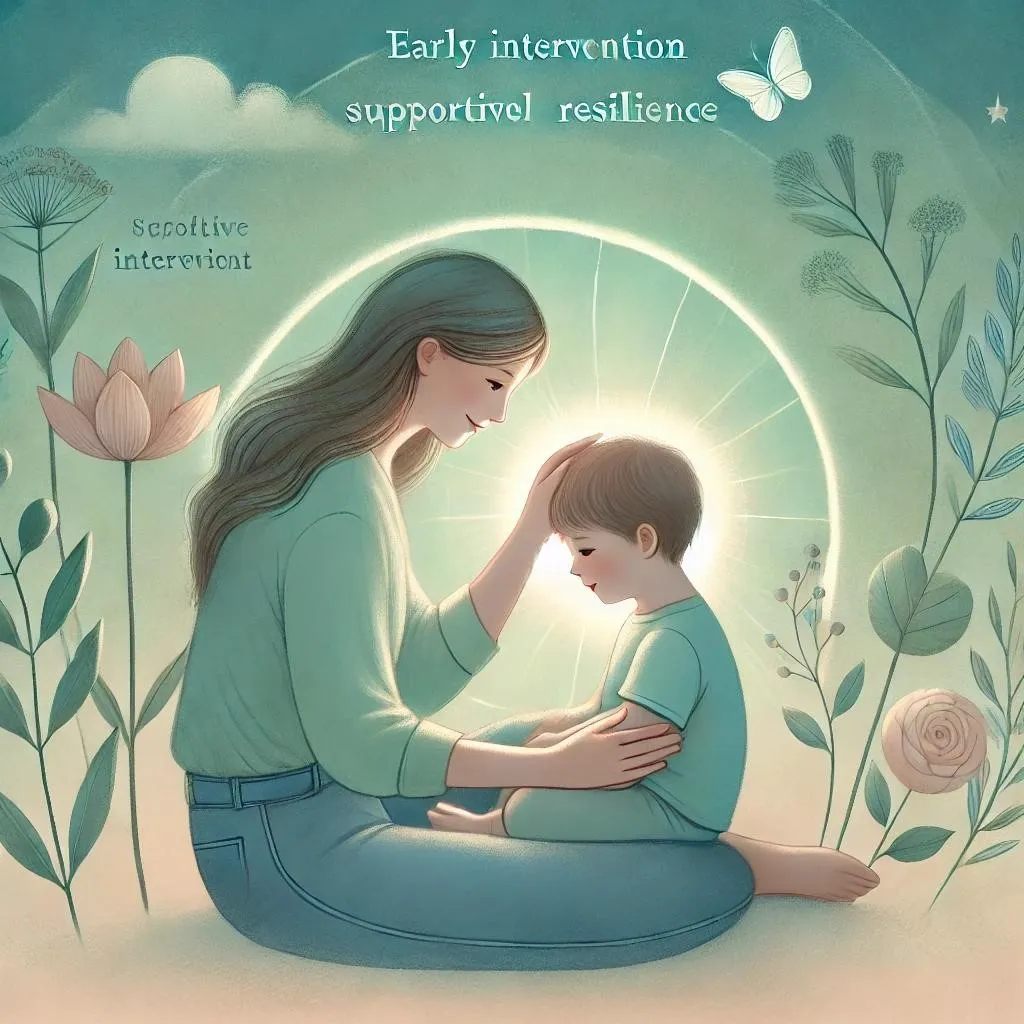
Every year, millions of children in the USA are referred to child protection services, and hundreds of thousands of children are recorded as victims of abuse. The child protection system works with families struggling with challenges such as poverty, substance abuse, and mental health issues. Research reveals that early childhood is particularly the most risky period for abuse and that interventions during this process are critical. Despite all the adversities, some children manage to adapt by showing strong psychological resilience. Experts emphasize that factors such as secure attachment and positive parenting play a vital role in helping children cope with these challenging processes. For effective interventions for abused children, it is of great importance to explore the characteristics of children who develop psychological resilience, the factors supporting this process, and the possible changes of these factors over time.
Psychological Resilience in Children and Caregiver-Related Factors: Review Results
This research examined the psychological resilience profiles of young children who are victims of abuse and the changes in these profiles over different time periods. The study highlighted the role of caregivers' mental health, their warm approaches towards children, and providing cognitive support in the development of children's resilience. According to the research, the psychological resilience of children with abuse experiences can vary over time. Improvements in cognitive psychological resilience are particularly observed during the transition to kindergarten. Additionally, it has been found that girls benefit more from emotional support. The findings indicate that a supportive care environment for abused children can create lasting effects in enhancing multidimensional resilience.
The Role of Caregivers in the Development of Children's Psychological Resilience: Critical Findings
The findings of the study revealed the changes in children's psychological resilience profiles over time and the impact of caregivers in this process. Within the scope of the study, over an 18-month period, most children demonstrated their growth potential by maintaining or transitioning to more positive psychological resilience levels. Significant improvements in cognitive resilience were observed especially during the transition to kindergarten. The findings emphasize that caregivers' mental health issues negatively affect children's emotional and cognitive resilience. However, the cognitive stimulation and supportive environments provided by caregivers contribute positively and permanently to the development of children's psychological resilience. Gender differences in the effects of caregivers' warmth on psychological resilience are also noteworthy; it is noted that girls benefit more from emotional support. This study has revealed that early supportive interventions and individual-focused approaches provide a strong foundation for understanding and supporting the resilience development processes of children in vulnerable groups.
Study link: https://doi.org/10.1111/cdev.13980

